LATEST INSIGHTS
Your Present Location: LATEST INSIGHTS-
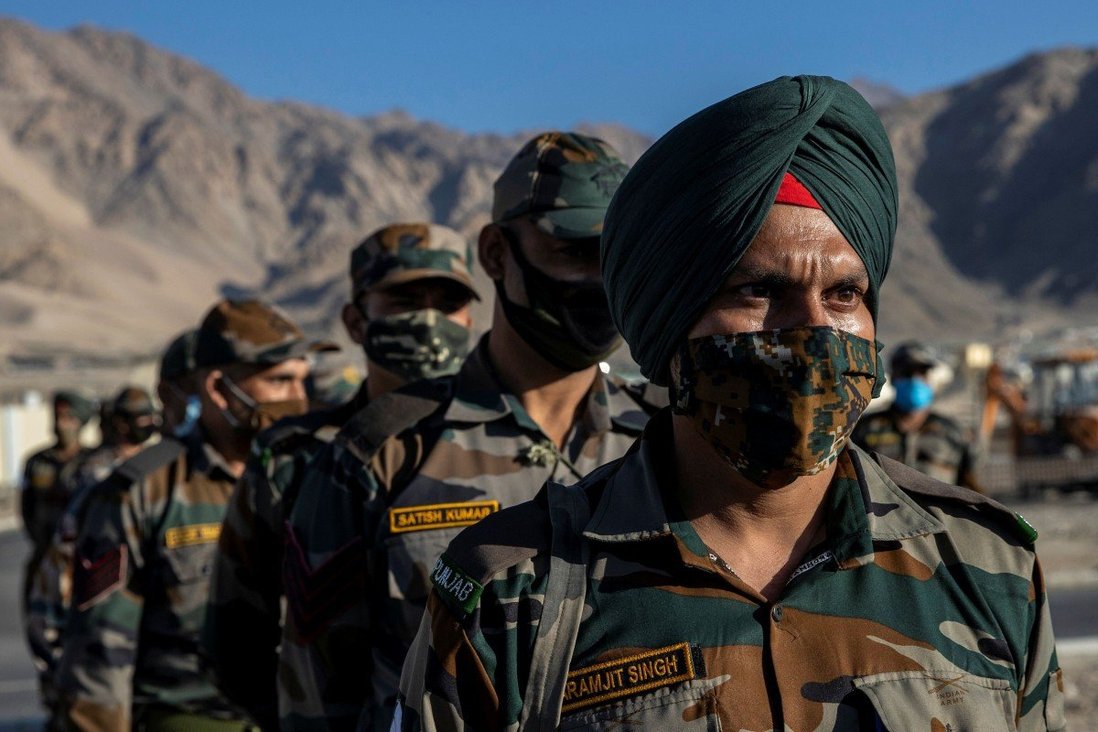
Liu Zongyi: India made unreasonable demands, China says after border talks fail
China has accused India of making unreasonable demands in their latest round of talks as the two neighbours continued to blame each other for the latest flashpoints on their disputed border.
2021-10-14 -
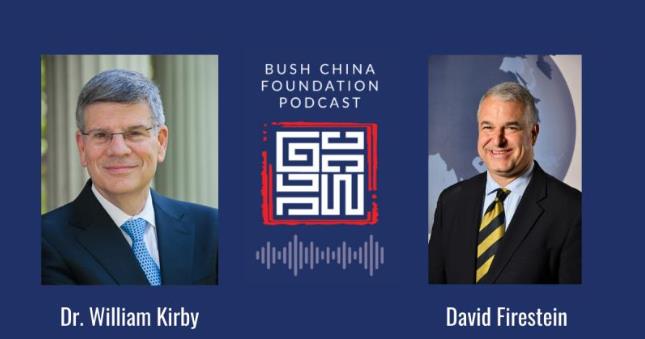
William Kirby: Building Sustainable Trust with China in Education, Business & Policymaking
Educational exchange and technological advancements are paving the way for a new generation of global interconnectedness, with young people leading the charge. In the context of U.S.-China relations, this seemingly presents new opportunities to promote better mutual understanding. And yet, the overall relationship between the two countries is as tense and strained as ever.
2021-10-13 -
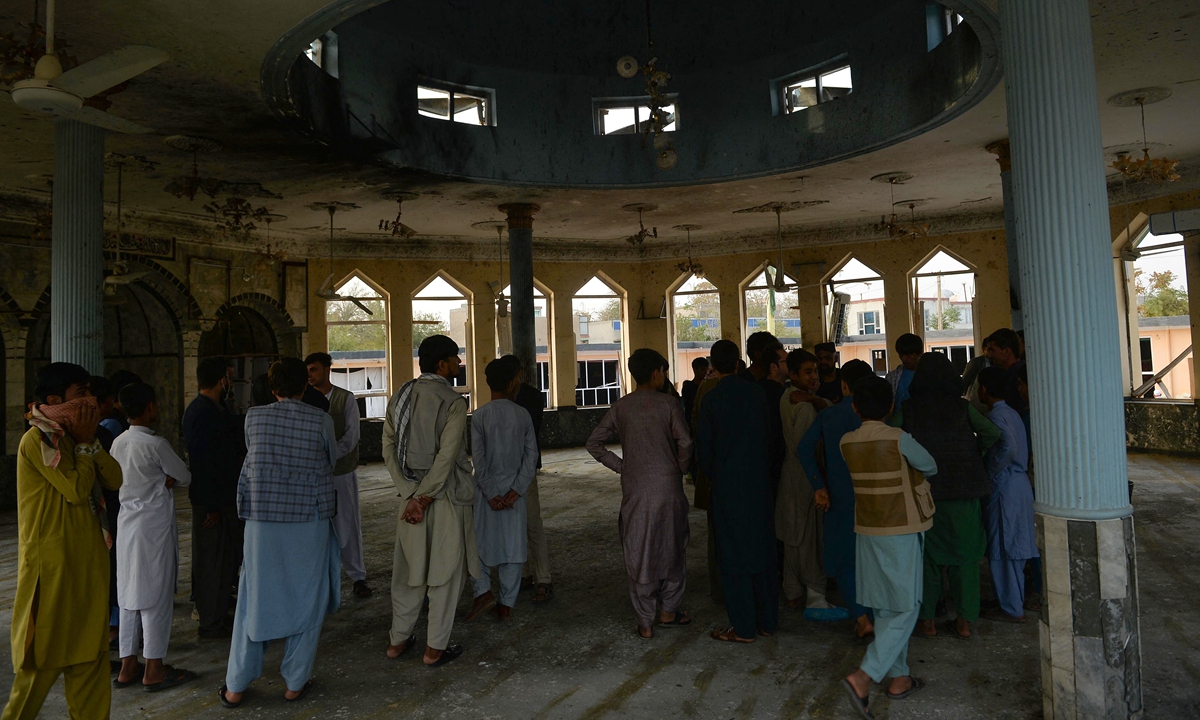
Liu Zongyi: Afghan attack being exploited by Western media
A mosque packed with Shiite Muslim worshippers in northern Afghanistan was struck by a suicide bomber attack on Friday with at least 46 people killed and over 140 wounded. The Associate Press (AP) cited an Islamic State (IS)-linked news agency saying the bomber was identified "as a Uygher Muslim" and "the attack targeted both Shiites and the Taliban for their purported willingness to expel Uyghers to meet demands from China."
2021-10-13 -
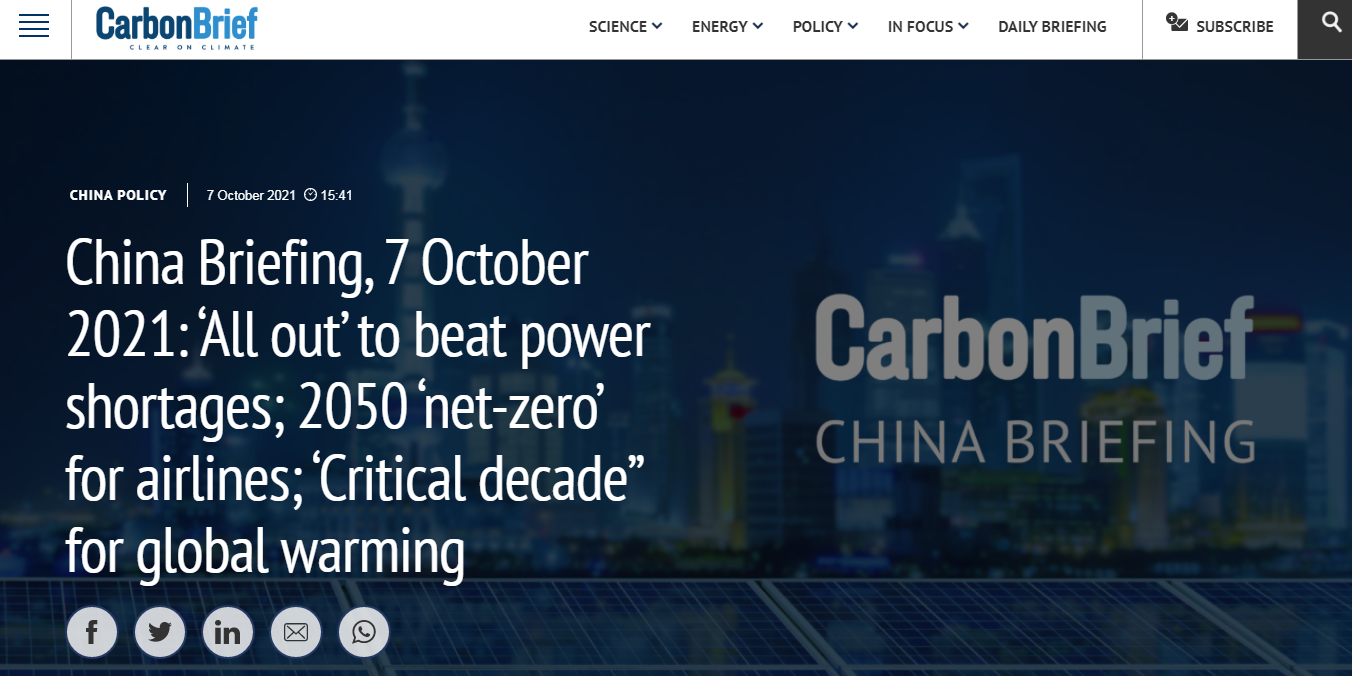
Liu Zongyi: China Briefing, 7 October 2021: ‘All out’ to beat power shortages; 2050 ‘net-zero’ for airlines; ‘Critical decade” for global warming
Snapshot
Chinese authorities have said that they would “go all out” to boost coal production in a bid to tackle widespread power cuts, according to state media. Around 20 provinces around the country have experienced electricity rationing and blackouts over the past month due to a mix of factors, including power-production shortfalls driven by a lack of coal.2021-10-12 -
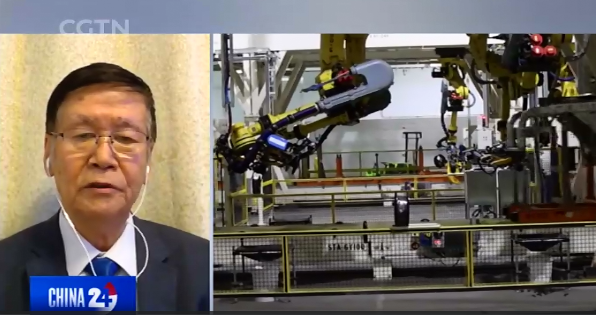
Liu Zhiqin: Views on China-US Trade
Liu Zhiqin, a senior fellow from the Chongyang Institute for Financial Studies at the Renmin University of China, shared his insights with CGTN regarding with China- US Trade under the data that Chinese imports from US up 55% in Jan-Jun 2021 on same period in 2020.
2021-10-11 -
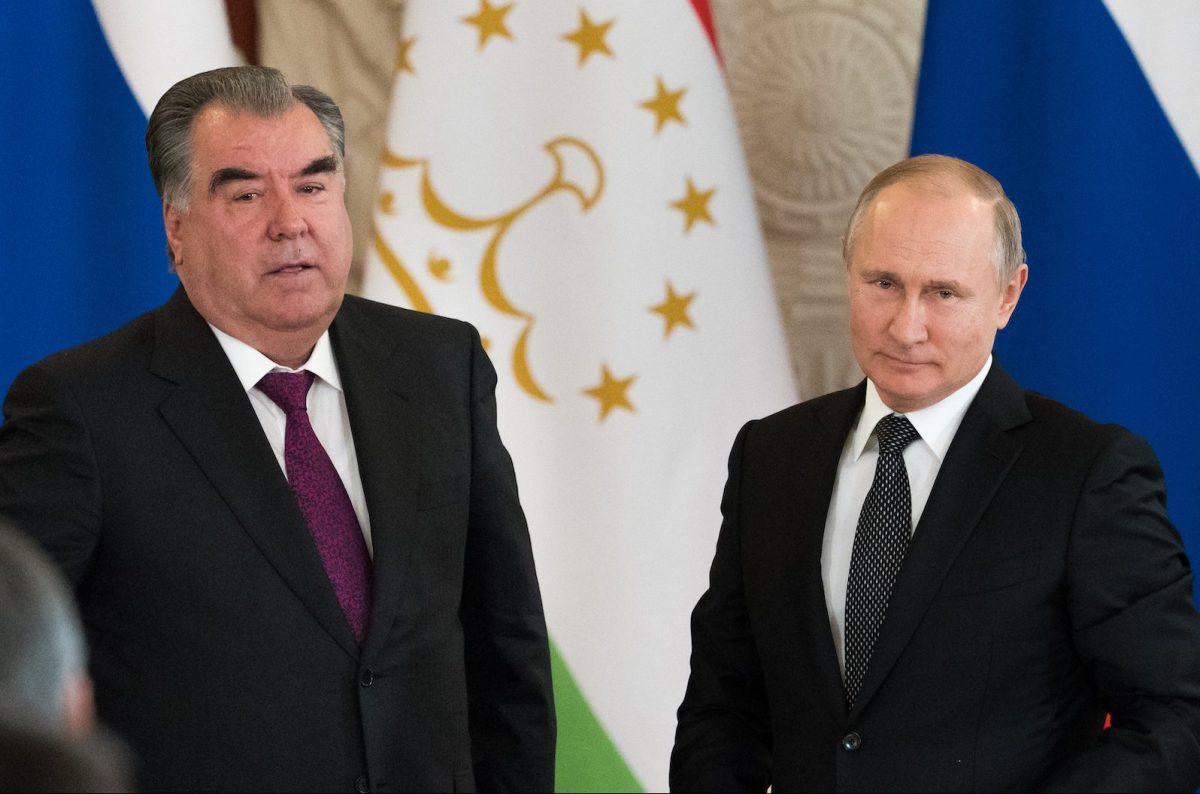
Vijay Prashad: Why all eyes are on the Afghan-Tajikistan border
Afghanistan and Tajikistan share a 1,400-kilometer border. Recently, a war of words erupted between Tajik President Emomali Rahmon and the Taliban government in Kabul. Rahmon censures the Taliban for the destabilization of Central Asia by the export of militant groups, while the Taliban leadership has accused Tajikistan’s government of interference.
2021-10-11 -
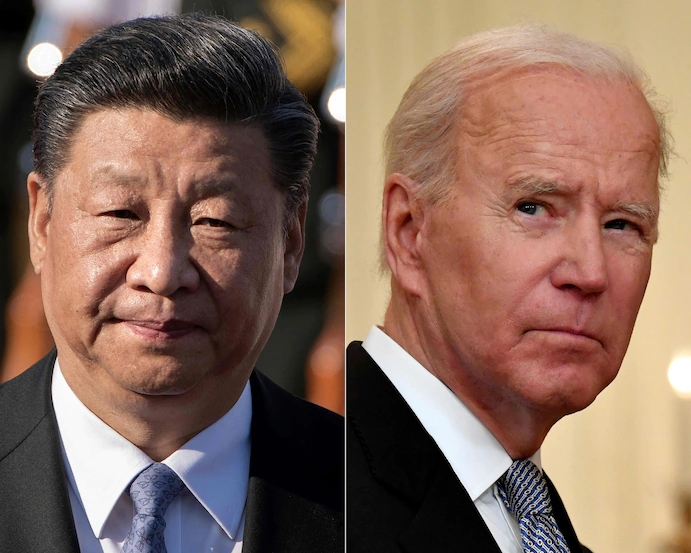
He Weiwen: Are Biden and Xi forging a tentative U.S.-China detente? It’s complicated.
The Chinese government waited until the midst of the pandemic in July 2020 to say out loud what had been clear for months, if not years: Relations between Washington and Beijing had reached their worst point since diplomatic ties were established in 1979.
2021-10-11 -
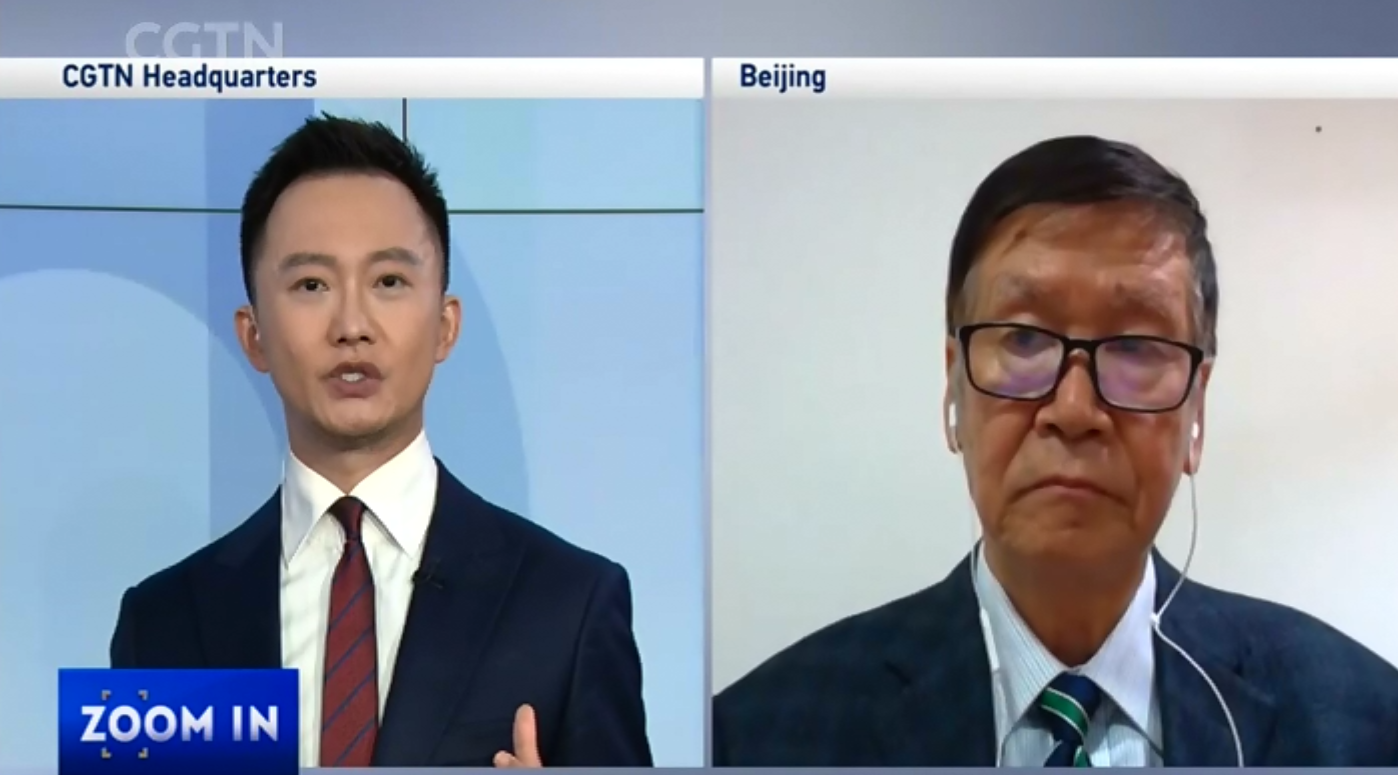
Liu Zhiqin: Insights on Moderately Prosperous Society
Liu Zhiqin, a senior fellow from the Chongyang Institute for Financial Studies at the Renmin University of China, shared his insights with CGTN regarding with Moderately Prosperous Society. He thought that moderately prosperous society in all respects should benefit all sectors, all people and all regions. Also, China becomes biggest commodity trader. Besides, China has made strong headway in preventing and controlling pollution.
2021-10-11 -
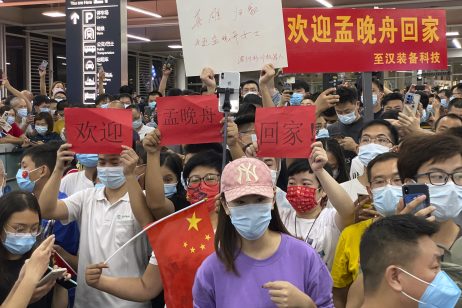
Chen Dingding: What Does Meng Wanzhou’s Release Mean for China-US Relations?
On September 24, after more than 1,000 days of detention by the Canadian authorities, Huawei company’s Chief Financial Officer Meng Wanzhou returned to China after reaching a deal with the U.S. Justice Department with regard to fraud charges against her. Notably, contrary to some pervious speculation, Meng pleaded not guilty and there was also no fine against her in the deferred prosecution agreement (DPA). This is a big victory for Meng herself and for Huawei as it was admitted by the U.S. side that the legal case against Meng was shaky from the very beginning, perhaps mostly motivated by then-U.S. President Donald Trump’s desire to destroy Huawei’s leading position in the global 5G competition.
2021-10-09 -
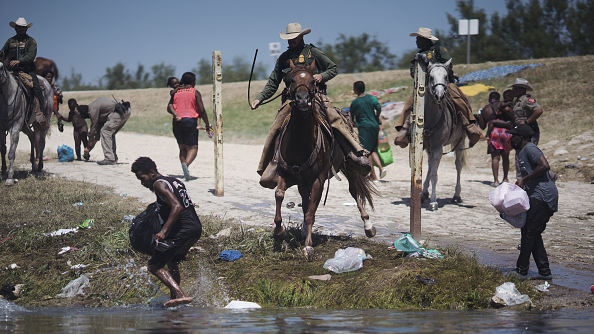
William Jones: The tragedy of Haiti and the failure of the Washington Consensus
The world was shocked by the brutal murder of Haiti's president Jovenal Moise on the morning of July 7 at his home on the outskirts of the capital, Port au Prince. Even more shocking, perhaps, was the video released last month of American Border Patrol agents using whips to force back Haitian refugees who were trying to cross a river in Mexico in order to find asylum in the U.S. The very concept of "the civilized world" has been placed in question by these related occurrences.
2021-10-09 -
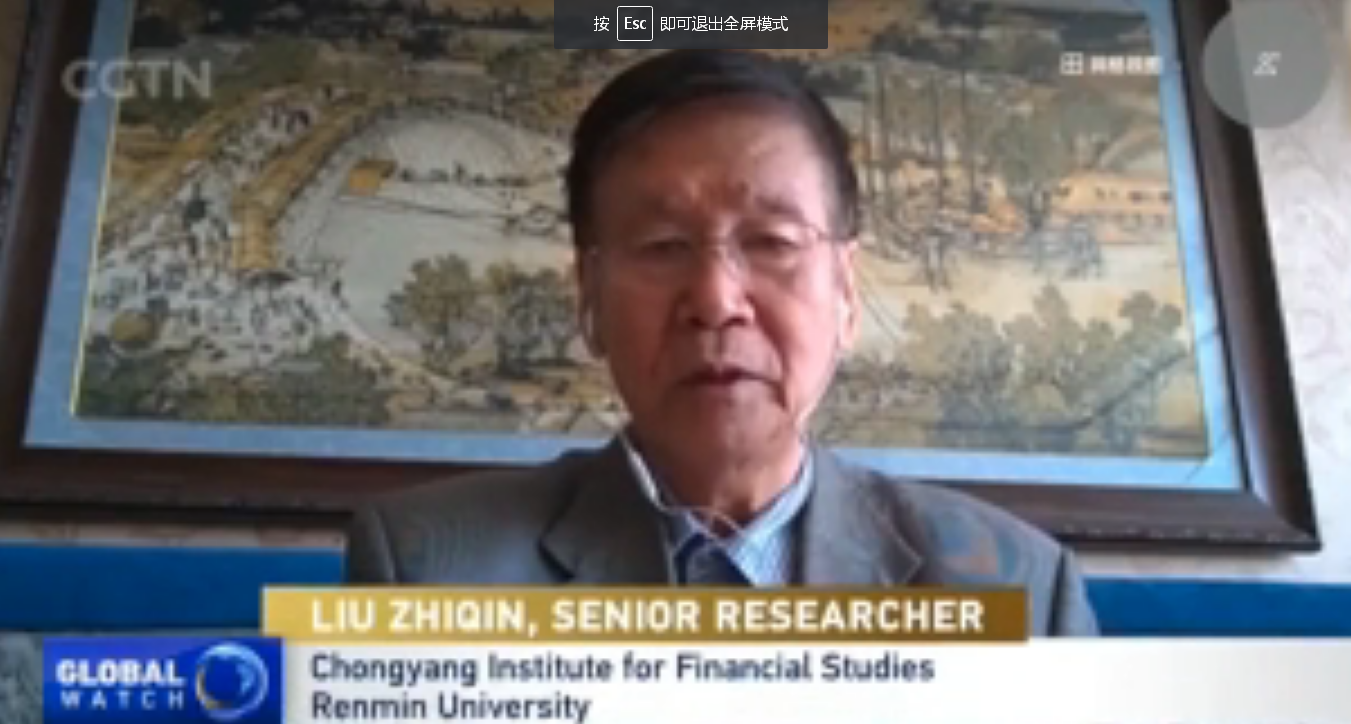
China energy crunch: Expert says carbon-emission goals can't be reached overnight
More than a dozen Chinese provinces and municipalities announced some form of power cut this month, as strong demand, on top of a shortage of supply, and more restricted emission standards, have pushed the price of coal to record highs.
2021-10-09 -
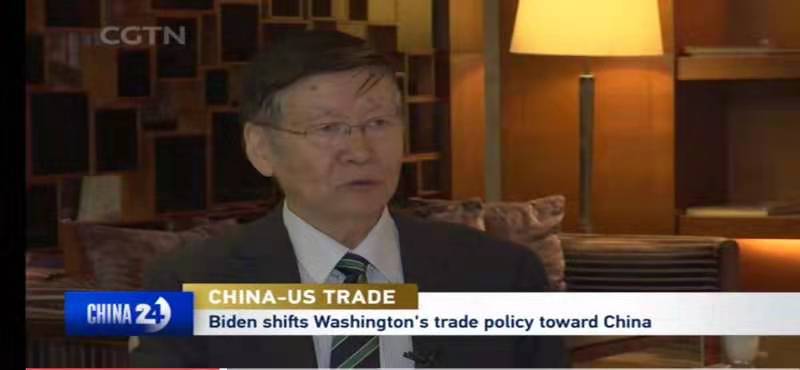
Liu Zhiqin: Views on China- US Trade
Liu Zhiqin, a senior fellow from the Chongyang Institute for Financial Studies at the Renmin University of China, shared his insights with CGTN regarding with China- US Trade under the background that Biden shifts Washington's trade policy toward China.
2021-10-08 -
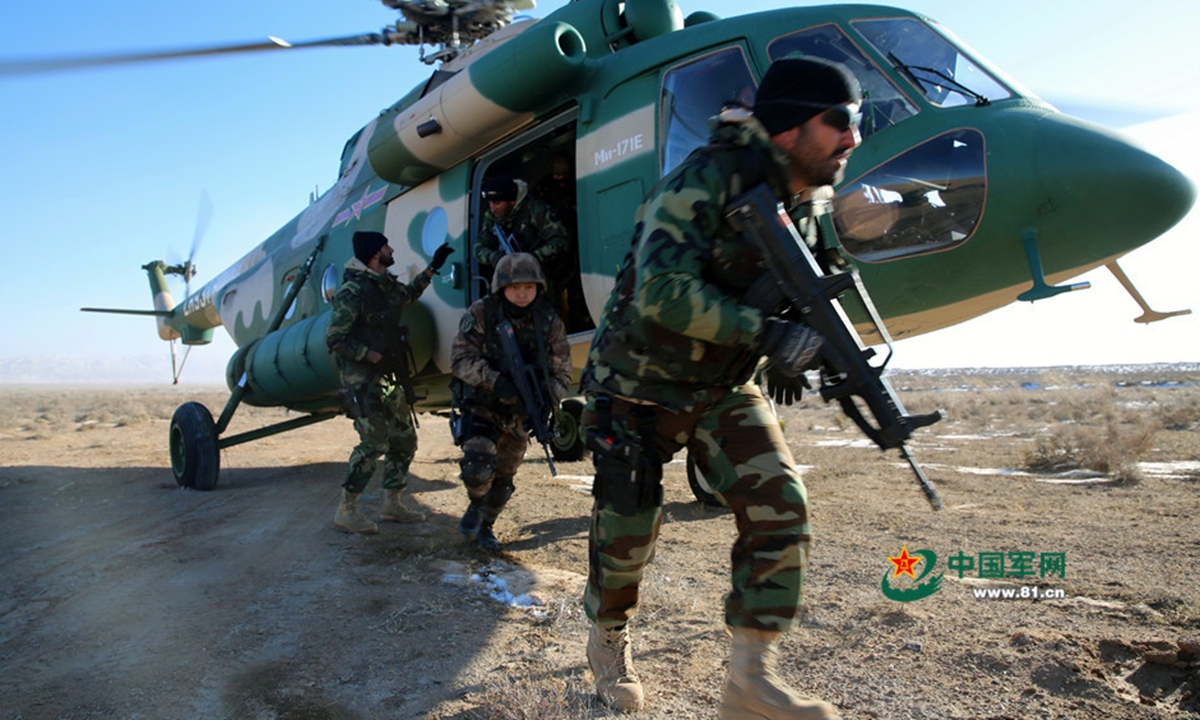
Liu Zongyi: Why is it essential for China, Pakistan to enhance coordination against terrorists, safeguard regional stability
In recent years, the global and regional structure has undergone major changes. At present, the change of strategic situations in South Asia and its neighboring regions is mainly reflected in the Afghan issue.
2021-10-08 -
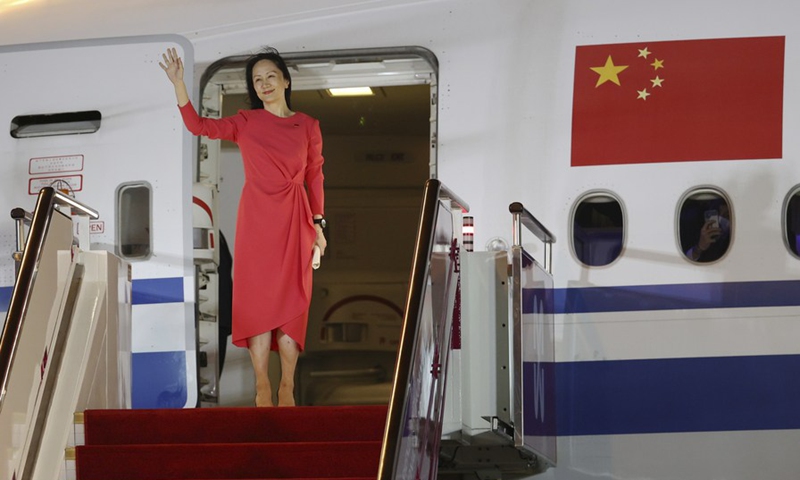
Major progress for China’s diplomacy as US heeds call from Chinese request list to release Meng Wanzhou
When many Chinese woke up Saturday morning surprisingly learning that the return of Huawei's Meng Wanzhou to China became a reality, some said it was the best news in quite a while.
2021-09-29 -
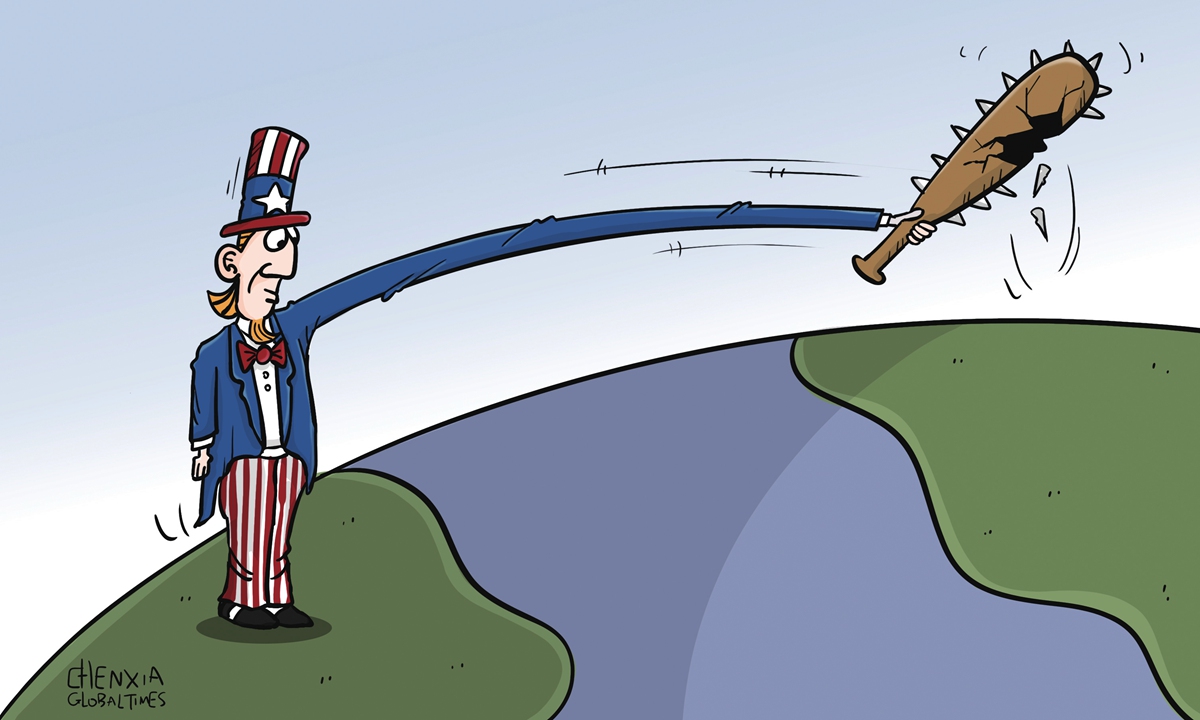
Ding Gang: If US wants to prosecute Huawei again, it will face China's countermeasure
Meng Wanzhou has returned to the motherland. This is a landmark event which carries significance for China's integration with the world and the international order.
No matter how China, the US and Canada communicated and negotiated, Washington and Ottawa agreed to release her. The result shows that the US long-arm jurisdiction could be disrupted. This is China's successful challenge to US hegemonism.2021-09-29 -
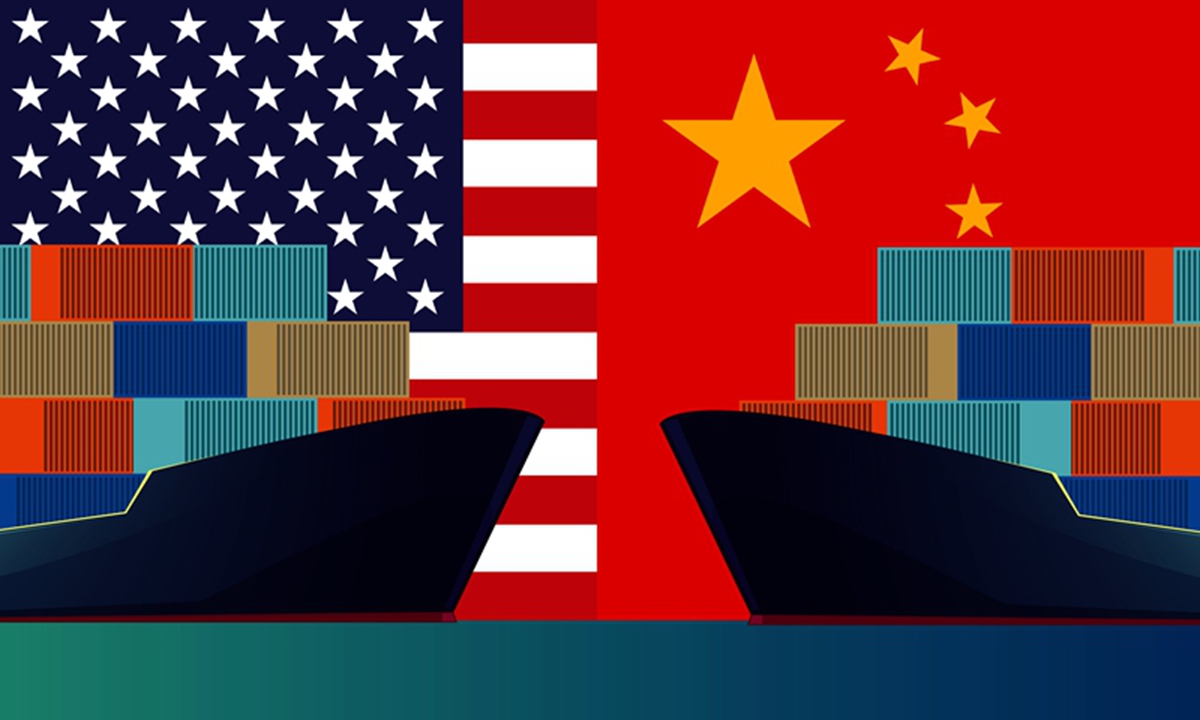
He Weiwen: US firms plan to expand in China, in rejection of Washington's decoupling push
Despite the US government's apparent push for a China-US economic decoupling, a majority of the top 500 US companies plans to increase investment in China, according to a latest survey, underscoring the massive US business interests in the Chinese market and the failure of Washington's toxic China policies.
2021-09-29 -
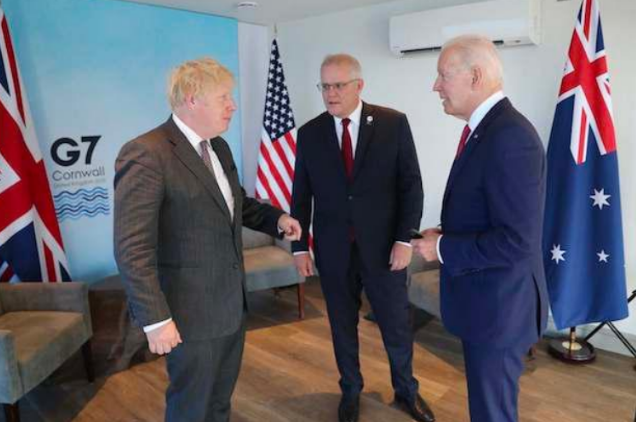
Vijay Prashad: Shoring up security in Indo-Pacific, a multi-billion dollar business
On September 15, 2021, the heads of government of Australia, the United Kingdom, and the United States announced the formation of AUKUS, "a new enhanced trilateral security partnership" between these three countries. Australia's Prime Minister Scott Morrison and Britain's Prime Minister Boris Johnson joined U.S. President Joe Biden to "preserve security and stability in the Indo-Pacific," as Johnson put it.
2021-09-27 -

Ding Gang: US foreign policy driven by military-industrial complex
WASHINGTON’S foreign policy is driven by the US industrial-military complex, a leading Chinese commentator said today, warning of an impending arms race triggered by a recent security pact.
2021-09-27 -
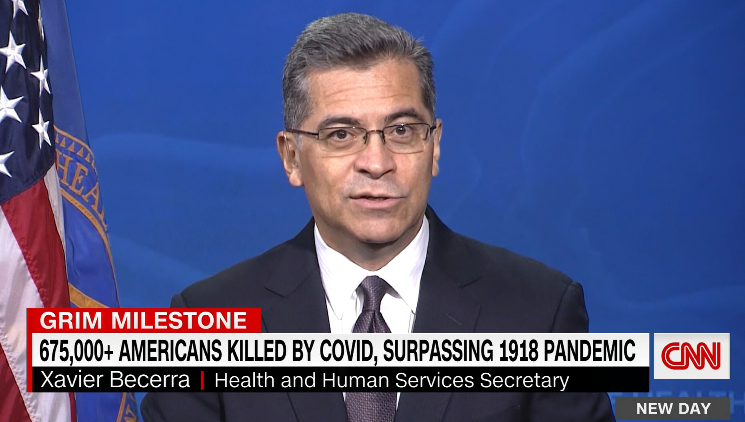
Jeffrey Sachs: The real reason this pandemic is the deadliest to ever hit the US
With 678,000 deaths and rising, Covid-19 is now the deadliest epidemic ever to hit the United States, surpassing the death toll of the 1918 flu, and indeed the combined US military deaths in World War I, World War II, the Korean War, the Vietnam War, the Gulf Wars and the Afghanistan War.
2021-09-26 -
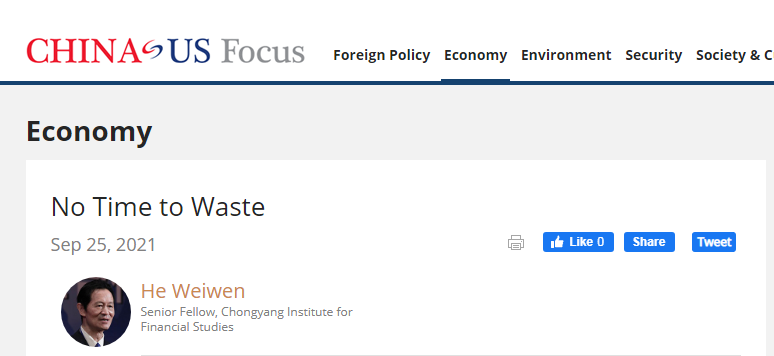
He Weiwen: No Time to Waste
On September 10, Chinese President Xi Jinping and US President Joe Biden had a lengthy and constructive phone conversation, bringing new hope for stabilizing the bilateral relations which is at their lowest point in 40 years.
2021-09-26
























































































 京公网安备 11010802037854号
京公网安备 11010802037854号





